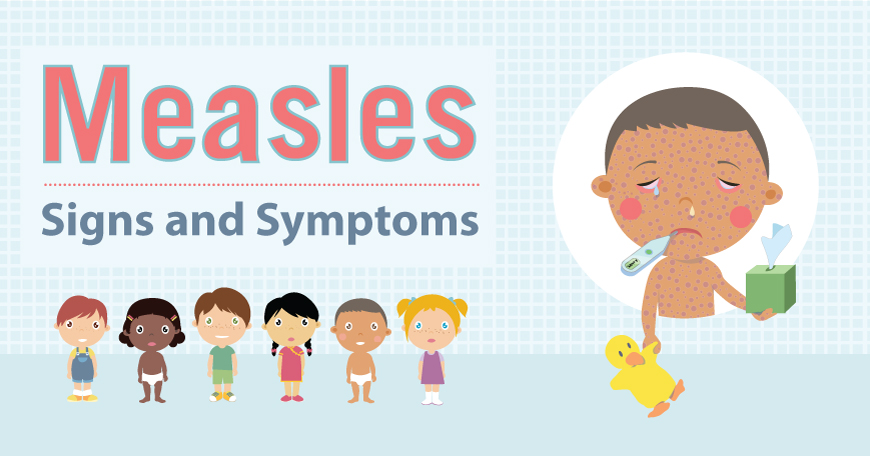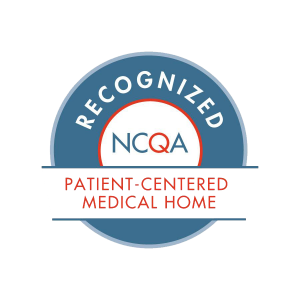
Measles are back which has caused a great deal of concern in our community. It is an extremely contagious disease that is spread through air droplets when a person coughs or sneezes, and 9 out of 10 people exposed will contract the disease if they are not protected.
While measles was eliminated in the U.S. in 2000 due to vaccination efforts, it is still common in other parts of the world. Exposure can occur due to people traveling to countries where measles is common (some countries in Europe, Asia, the Pacific and Africa). The best protection is to receive two doses of the MMR vaccine. One dose is 93% effective; a second dose provides 97% protection. If you were born before 1957, you are presumed to be immune due to the likelihood of having had measles. Contact your child’s medical care provider or your primary care provider regarding dosing schedule recommendations. If you don’t have record of receiving two MMR vaccines, obtaining one additional MMR vaccine is recommended.
Measles can cause serious illness, especially in children under 5 years. One in every 1000 people will develop brain swelling, which can lead to brain damage, and 1-2 of every 1000 people will die of the measles, even with medical care. One in 4 in the U.S. will be hospitalized with measles.
Symptoms of measles include a fever, runny nose, cough, and red eyes. The rash develops 8-14 days after exposure and often starts on the face and spreads downward. A person with measles is contagious 4 days prior to the rash appearing to 4 days after rash appearance. Treatment is supportive and includes monitoring for secondary bacterial infections.
If you think you may have measles symptoms or have been exposed, you should call your primary care provider for advice before making an appointment.


